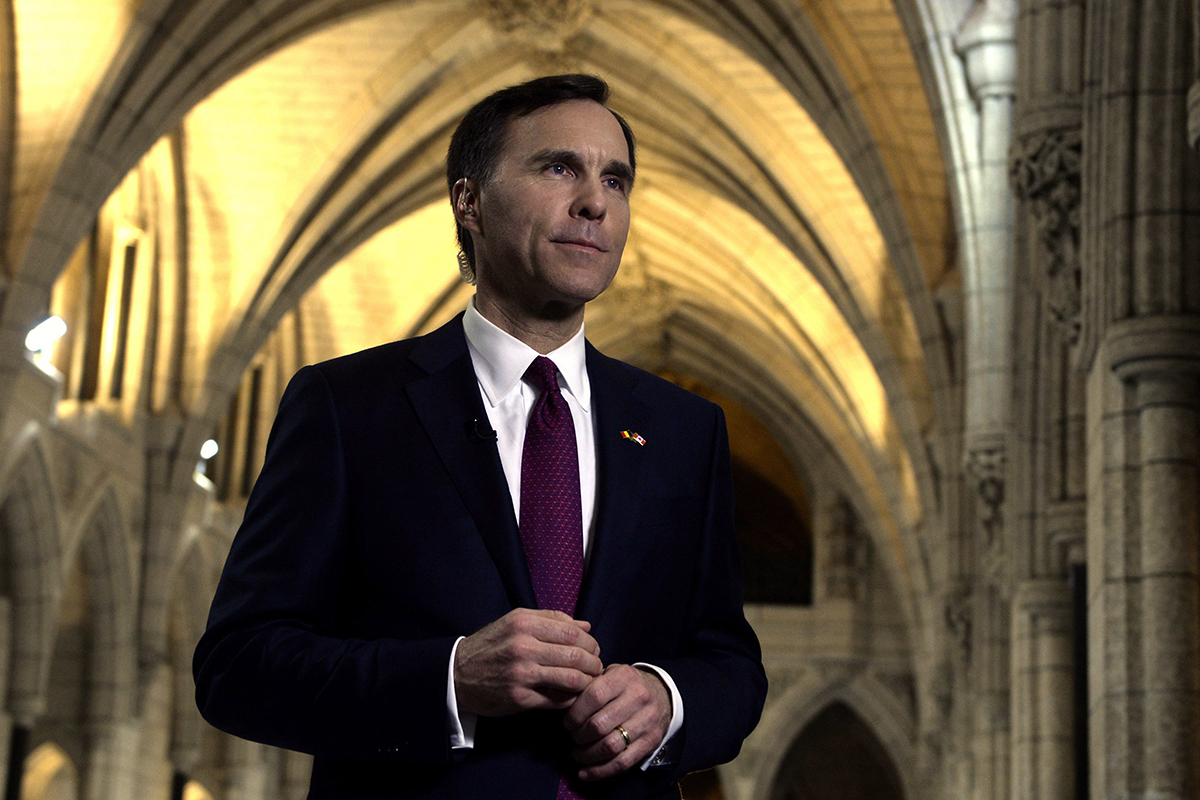Canada’s finance minister has agreed to appear before the House of Commons Finance Committee to talk about a planned overhaul of the Canada Pension Plan.

But it’s unclear if Bill Morneau plans to show up for an emergency meeting before the legislation that will make the CPP changes possible is tabled in the House.
READ MORE: Ontario spent $70 million to create provincial pension plan that’s not needed
In a letter addressed to the committee members, which was then obtained by Global News, Morneau writes that he has been pleased to appear before them twice since joining the federal cabinet last year and “I look forward to appearing before the committee in the future on a range of issues.” That would include CPP, he adds.
Morneau did not commit to a specific date.
The three Conservative members of the finance committee called for an emergency meeting last week, telling Morneau they want “to hear from you and your officials about the details of the proposed Canada Pension Plan expansion, as well as any analysis undertaken by the government regarding its impact on jobs, middle class families, economic growth, plan sustainability, and public finances.”
The three Tory members wanted the meeting held before the legislation reached the House of Commons.
READ MORE: Canada Pension Plan makeover was swift in policy-making terms
The Liberals announced in June that they had reached an agreement with the provinces for an overhaul of the pension system. Quebec abstained from signing the agreement but Morneau said the province will remain a part of the discussion.
Under the agreement, starting in 2019, contributions for a typical worker earning about $55,000 would initially increase by $7 a month and employers would match those contributions. The plan will be phased in over seven years until 2025. When people retire, their maximum annual benefits would increase by about one-third to $17,478.




Comments